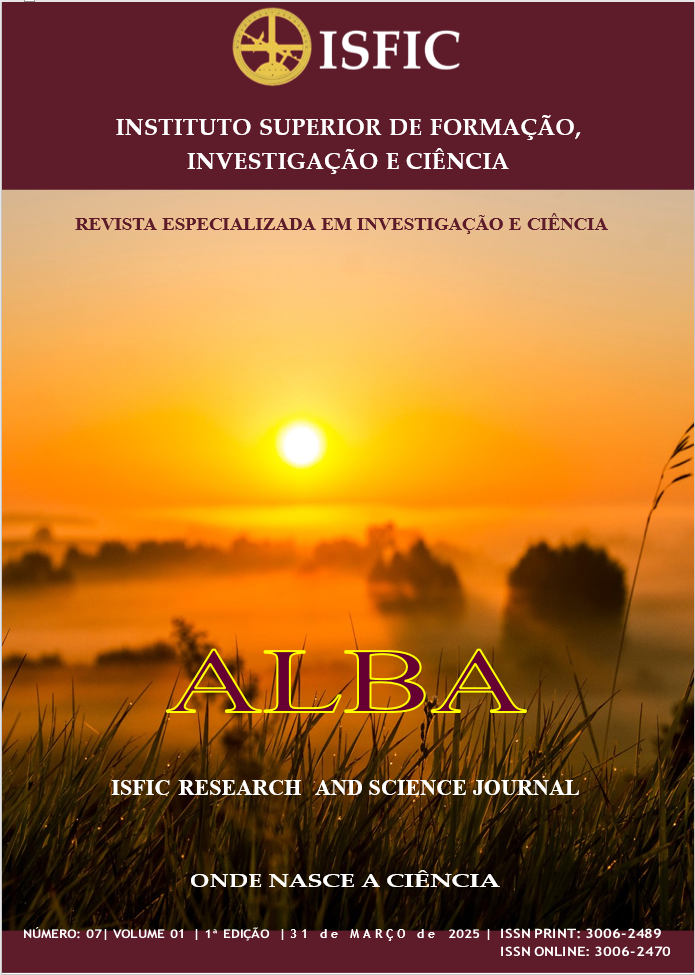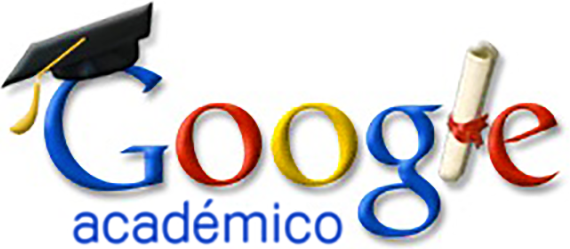Dialogue and otherness: Perspectives for a pedagogy of encounter in Martin Buber
Keywords:
Dialogue, otherness, education, encounter pedagogy.Abstract
This research, based on the philosophical contribution of Martin Buber, is developed as an alternative for the re-enchantment of Education, increasingly marked by an axiological crisis that, in our opinion, derives from the disagreement between the subjects who make education. Along this path, this study, with a qualitative scope and bibliographical analysis, aims, centrally, to understand how Buberian categories of dialogue and alterity can lead us to a pedagogy of encounter. In Martin Buber, dialogue and otherness are linked to two pairs of basic words for dialogicity: on the one hand, the pair I and You, which presupposes an authentic relationship between the human being and his fellow man, as well as the latter's relationship with what Buber calls “spiritual essentialities”. On the other hand, the pair of words I and It, which has to do with human beings in their relationship with the world, nature and objects. The big problem in Buber occurs when these relationships are reified, that is, when the human being starts to be treated as an object among objects and things or objects are idolized. In addition to the dialogical relationship, the article discusses education whose purpose, in Buber, is none other than to prepare Man for the sense of community. Education must not be merely theoretical but must be based on the dimension of praxis. In fact, this must be given through presence, example and testimony. This requires going out of oneself into another. Finally, the student will concluded that the Buberian categories of dialogue and alterity contribute to a pedagogy of encounter to the extent that they enable educational actors to recognize themselves as ends and themselves and never as means subject to manipulation and reification.
Downloads
References
Buber, M. (1982). Do Diálogo e do Dialógico. Tradução de Marta Ekstein et al. Editora Perspetiva: São Paulo.
Buber, M. (1987). Sobre Comunidade. Tradução de Newton Von Zuber. Editora Perspectiva: São Paulo, 1987.
Buber, M. (2000). As Histórias do Rabi Nakhman. Tradução de Fany Kon e J. Guinsburg, Editora Perspectiva: São Paulo.
Buber, M. (2014). Eu e Tu. Tradução de Artur Morão e Sofia Favila. Editora Paulinas: Águeda.
De Melo, N. V. (2003). A Ética da Alteridade em Emmanuel Lévinas. EDIPUCRS: Porto Alegre.
Freire, P. (1994). Pedagogia do Oprimido. 11ª Edição. Editora Paz e Terra: São Paulo.
Kant, I. (1999). Sobre a Pedagogia. 2ª Edição, Editora UNIMEP: São Paulo.
Marleau- Ponty, M. (1999). Fenomenologia da percepção. Tradução de Carlos Alberto. 2ª Edição. Editora Martins Fontes: São Paulo.
Santiago, M. (2002), Betânia do Nascimento. Ética, educação e transcendência: compreendendo a formação humana na visão de Matin Buber. Recife, s.ed.







